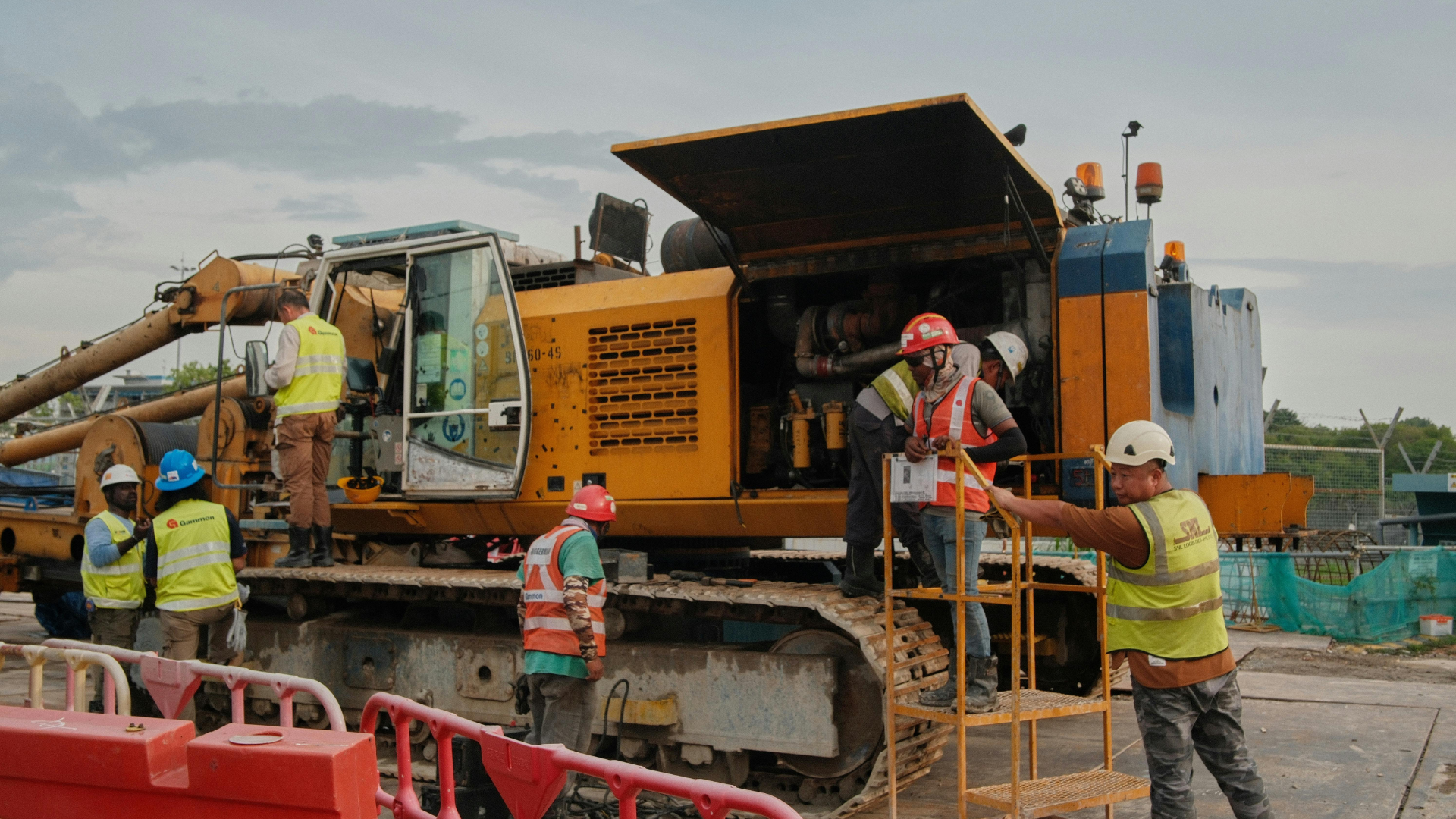You speak Spanish or work in construction? You could be detained by ICE under new rule
- Individual Immigration

In the United States, the daily lives of millions of immigrants have just become even more uncertain. The Supreme Court decided to allow ICE to make detainers without the need for clear evidence, based on factors as superficial as the language you speak, your place of work, or even your physical appearance.
This means that if you’re an immigrant — and especially if you speak Spanish, work in industries like construction, janitorial or restaurants, or simply “foreign lights” — you could be at higher risk of being detained.
In this article we explain:
✅ What exactly the Supreme Court decided.
✅ How this ruling directly affects the immigrant community.
✅ What you can do to protect yourself in the event of an encounter with ICE.
What did the Supreme Court decide about immigration detentions?
Recently, the U.S. Supreme Court, with a 6-3 majority, lifted restrictions imposed by a U.S. District Court in Los Angeles that prohibited federal immigration agents from detaining people solely for factors such as:
- What they look like (appearance or apparent ethnicity)
- The language they speak or if they have an accent when speaking English
- The type of work they do (e.g., informal work, car washing, construction, etc.)
- Being in certain places known to meet migrant workers (bus stops, car washes, low-wage work areas).
Until now, a judge, Maame E. Frimpong, had issued an order limiting these detentions on the grounds that they violated the Fourth Amendment that protects against arbitrary searches and detentions. That order had been endorsed by the 9th Circuit. But now the Supreme Court has temporarily halted that order (stay) while it reviews appeals.
Why does this decision affect so many immigrants?
This changes many things in practice:
ICE can now resume “roving” patrols in areas like Los Angeles without the need for concrete suspicion based on those factors alone. People who speak Spanish, low-wage workers, those who do not speak English very well, those who have accents, those who are in certain jobs or locations known for migrant labor are at greater risk of being detained or interrogated by ICE even if they have not committed any crime. It can also affect U.S. citizens or legal residents if officers act based on racial or linguistic profiling, which may violate their rights. But the Court’s decision leaves open whether those constitutional limits will be protected in other proceedings.
Is this legal? What rights do you have?
The Fourth Amendment protects against unreasonable stops and searches. That protection exists for everyone, citizens and non-citizens. But this ruling gives ICE more freedom, at least for now, if they combine those factors — language, appearance, type of work, location — with other evidence. A single isolated factor is not enough, according to the Court.
If you, a family member, or friend:
- Do you speak Spanish or have an accent
- you work in informal jobs, construction, car washes, day jobs, etc.
- frequent areas where other immigrants work (bus stops for workers, etc.)
- even if you have been in the U.S. for many years, whether you contribute, whether you live legally or not
So this decision puts a real risk of being detained, interrogated, or detained at the border, airport, or even on the street, without having done anything illegal apart from those factors.
The atmosphere of fear can increase, and now more than ever it is important to know your rights and be prepared.
What you can do to protect yourself
📂 Bring your “safety package”
We recommend always carrying documents that prove your time in the U.S.
- Rental contracts.
- Payment receipts.
- Medical or school bills.
📲 Save digital and physical copies
- Have scans on your phone or in the cloud.
- Always carry a printed copy.
📞 Know Your Rights
- You have the right to remain silent.
- You are not required to open the door if there is no warrant signed by a judge.
- You can ask to speak to your lawyer.
Legal consultation prior to travel or interactions:
If you are going to leave the country, return, or enter public transportation stations, consider talking to an attorney to understand the risk of your case.
Response to arrest or interrogation
-
- You can ask if you are under arrest or if you can remain silent.
- Ask if you can talk to a lawyer.
- Do not sign anything without legal consultation.
Stay informed and get involved in community: Immigrant rights organizations (ACLUs, local groups), community networks, are aware of and often offer workshops, guides, and free assistance.
What to do if you have already been arrested or have been arrested?
- Contact an immigration attorney as soon as possible.
- Ask them to see if your case can have a legal defense, suspension of detention, bail, etc.
- Check if you have rights in the face of abuse (racial profiling, interrogation that did not respect rights).
- Whether you are a citizen or legal resident, your constitutional rights matter as well.
Don’t lose hope or run out of action
This Supreme Court ruling increases the risk for millions of immigrants, but it doesn’t mean you’re helpless. Bringing your documents, knowing your rights, and seeking legal help early can make all the difference.
👉 At Eagan Immigration, we are ready to guide you, protect your rights, and fight for your future in the United States.
📞 Call us at 202-709-6439 for a confidential evaluation.
Legal Disclaimer: This information is educational and general. It is not a substitute for legal advice for a specific case. Every immigration situation is different. If you need help, consult with an immigration attorney.


